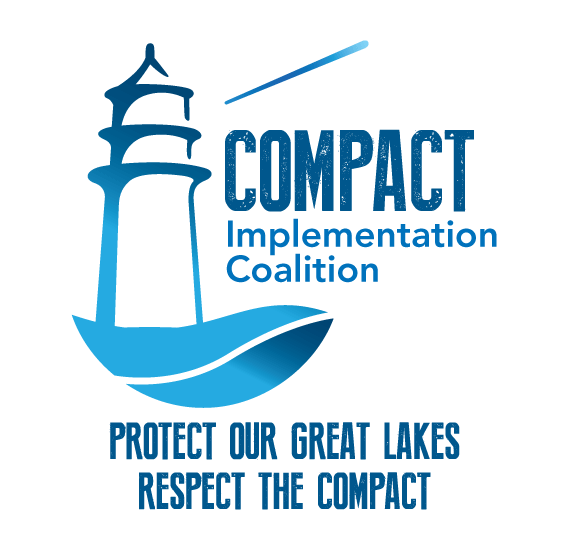Wisconsin city's bid for Great Lakes water falls short of convincing →
MLive, February 24, 2016
Author: Mary McKSchmidt
Florida has sunshine. Arizona has dry heat. We have water. Clean, fresh water is key to our transition from "The Rust Belt" to a world leader in innovation, economic prosperity, and sustainable growth.
As a result, I am adding my voice to the 121 mayors of the Great Lakes and St. Lawrence Cities Initiative who have announced they are calling for the application for diversion of Lake Michigan water to Waukesha, Wisconsin, to be denied.
Under the rules of the 2008 Great Lakes Compact and companion Agreement signed by the eight Great Lakes governors and two premiers of Canada, Great Lakes waters are not to be diverted from the Great Lakes Basin with a few limited exceptions. One of those exceptions is when a city outside the basin but residing in a county that straddles the basin, has exhausted all reasonable options for providing the community with clean, safe water.
Waukesha has filed for a diversion based on that exception. However, by significantly expanding their future service area to include portions of Pewaukee, the towns of Delafield and Genesee, and "islands" of the neighboring Town of Waukesha — communities that have not demonstrated a need for Lake Michigan water — the City of Waukesha's leaders have created an application that is not in compliance with the Compact.
In addition, according to an independent engineering report issued in 2015, another reasonable alternative exists for Waukesha's existing water service area. As a result, approving this application undermines the essence of the 2008 Compact and Agreement. It handcuffs the very people leading our cities into the future.
I remember the thrill of riding my bicycle on a path around the perimeter of Muskegon Lake last summer. Muskegon, a community once defined by sawmills and factories, is reinventing itself as a recreation destination for outdoor enthusiasts like me. A shoreline of broken concrete, foundry slag, sheet metal, and slab wood is being softened, replaced with wetlands that attract fish, turtles and birds. The bike path showcases progress. The many public parks and beaches offer hope for new beginnings.
I recall jogging the Riverwalk of Detroit at the first hint of dawn, pausing to chat with a young woman sharing her pride in the city block she, her husband and neighbors are transforming into a floral showcase fit for a feature story in Better Homes and Gardens. I have walked the Flats of Cleveland, watched the sunset from the waterfront park in Windsor, jogged the miles of shoreline in Chicago, sailed into the bustling harbors of Milwaukee and Racine, and hiked the coastline from Gary, Indiana, past Michigan City and up to Benton Harbor. All are cities in transition. Across the region, mayors, city planners, members of the Chamber of Commerce and local leaders are working hard to attract jobs, to provide ample opportunities for children and grandchildren, to make our cities safe, vibrant, and prosperous.
Water is one of our greatest differentiating assets in an increasingly competitive global environment. The 2008 agreements are designed to protect it for residents and businesses in the Great Lakes basin and those straddling communities who demonstrate dire need. This decision, the first application for a diversion, sets precedent. As a result, Waukesha leaders must demonstrate all reasonable efforts have been explored for providing water to the city, without the vastly expanded service area. Then, and only then, should a diversion of Lake Michigan water be considered.
